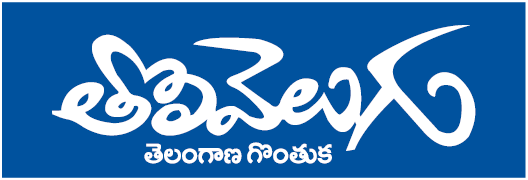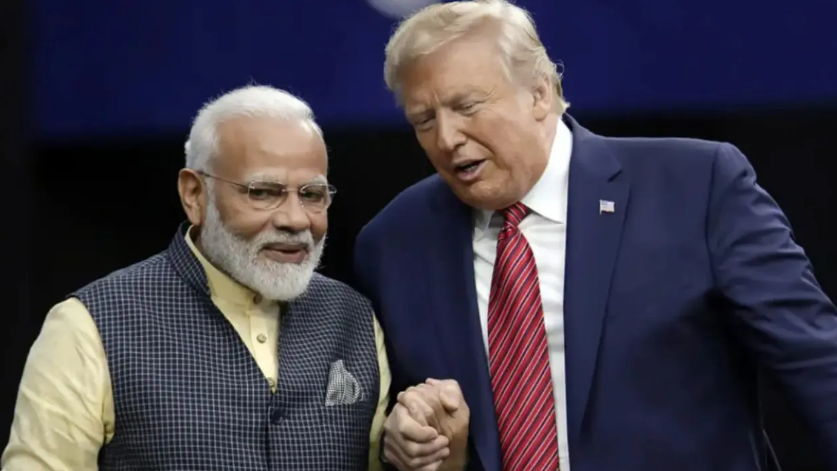The ASEAN Summit, scheduled to be held in Kuala Lumpur, Malaysia from September 26 to 28, has seen major changes in participation. Indian Prime Minister Narendra Modi, originally expected to attend, will now be unable to travel due to scheduling conflicts, according to official sources. External Affairs Minister S. Jaishankar will represent India at the summit, while Modi is expected to participate virtually. A planned visit to Cambodia prior to the summit has also been postponed.
U.S. President Donald Trump was also slated to attend the summit, with opportunities for bilateral meetings with Prime Minister Modi. However, his attendance remains uncertain following the rescheduling of Modi’s participation. The summit was intended to facilitate high-level diplomatic interactions and strengthen cooperation on trade, security, and regional development between member nations and key global partners.
#BREAKING || PM Modi to skip the ASEAN summit in Malaysia.
Reportedly, PM will attend the summit virtually & External Affairs Minister S Jaishankar will represent India at the ASEAN summit.
Rishabhmpratap and @meenakshiupreti explain the reasons behind this decision. pic.twitter.com/qnv8notRJc
— TIMES NOW (@TimesNow) October 23, 2025
ASEAN comprises ten member countries, including Malaysia, the Philippines, Singapore, Thailand, Vietnam, and Myanmar. The bloc holds biennial summits to address economic, political, security, and socio-cultural issues affecting Southeast Asia. India has maintained strong bilateral relations with ASEAN nations, collaborating on trade, investment, defense, and security initiatives over the past several years.
STORY | PM Modi unlikely to travel to Malaysia for ASEAN summit; EAM Jaishankar may represent India
Prime Minister Narendra Modi is unlikely to travel to Malaysia to participate in the meetings related to the ASEAN summit beginning Sunday due to scheduling issues, people… pic.twitter.com/dHz6i9949a
— Press Trust of India (@PTI_News) October 22, 2025
Tensions between some member states, such as Thailand and Cambodia, have occasionally threatened regional cohesion, with U.S. involvement—including potential participation by Trump—serving as a stabilizing factor. Cambodia had also nominated Trump for the Nobel Peace Prize, highlighting the complex diplomatic engagements surrounding the summit. The postponement of Modi’s visit and uncertainties around Trump’s attendance have reshaped the summit’s agenda and diplomatic expectations.






